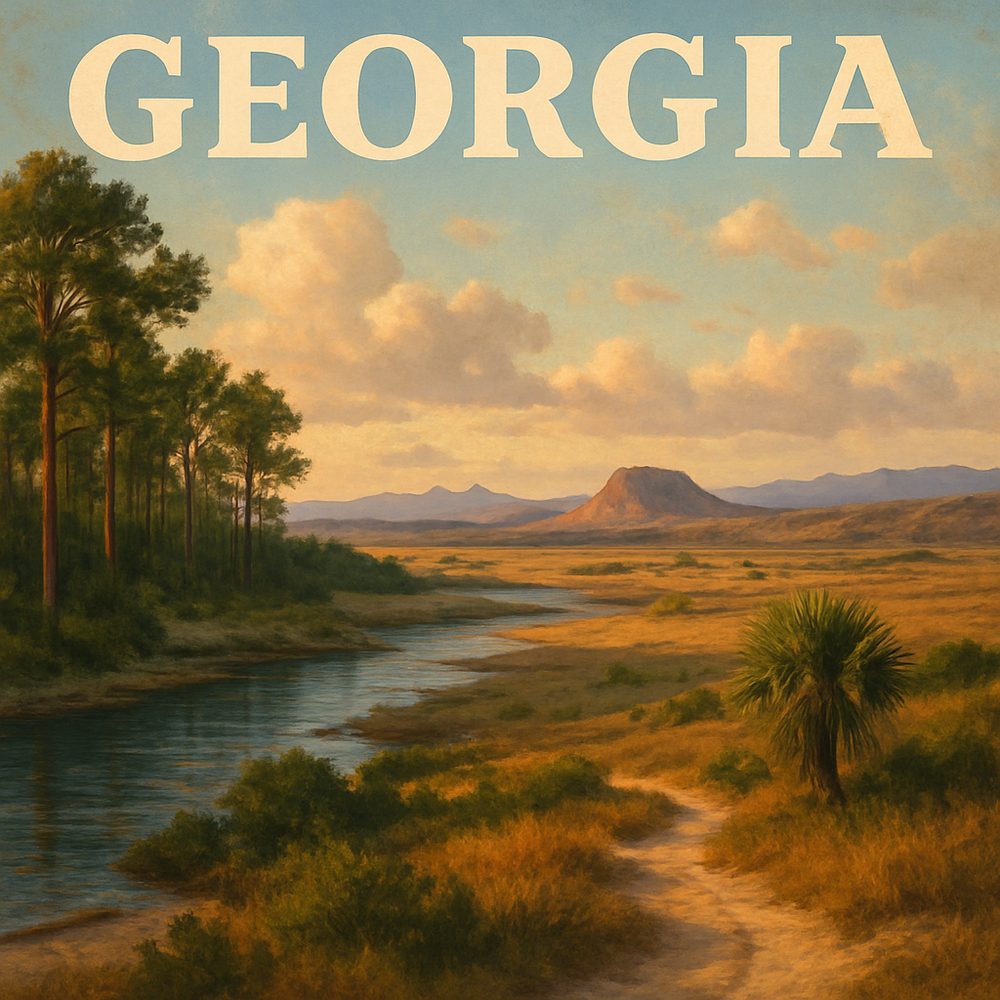Weird Laws Still on the Books in Georgia

In downtown Atlanta, just a stone’s throw from the iconic Georgia State Capitol, visitors can explore the Jimmy Carter Library and Museum. This institution not only delves into the life and presidency of Georgia’s only U.S. president but also illuminates the complex legal and social history of the state. Among the archives and exhibits, one finds intriguing references to some of the state’s more quirky statutes that persist on the books. For example, Atlanta’s vibrant political and legal history contextualizes these odd laws, giving visitors a sense of how rules that might seem antiquated today once served very specific community purposes. The museum’s engaging displays offer a thoughtful starting point for understanding how Georgia’s legal fabric intertwines with national history, making it an ideal place to contemplate the origins of some of the state’s stranger regulations.
Traveling about 30 minutes east of Atlanta, the historic town of Madison invites visitors to stroll its charming downtown district, featuring well-preserved antebellum homes and quaint shops. Here, the influence of Georgia’s historical legal quirks is palpable in the city’s architecture and preserved courthouses, where some old ordinances still linger. The Madison Historic District is a living museum, perfect for a leisurely walk among towering magnolias and stately columns, giving a tangible sense of the era when laws like prohibiting swearing on the streets or banning certain types of dancing were commonplace. Visiting in spring, when the azaleas bloom profusely, adds a layer of southern charm that contrasts delightfully with the oddness of these statutes.
In the coastal city of Savannah, about 250 miles southeast of Atlanta, the Owens-Thomas House offers a fascinating glimpse into the complexities of Georgian law in the early 19th century. This National Historic Landmark, known for its elegant Regency architecture and innovative urban slave quarters, also serves as a reminder of the state’s complicated legal past, including peculiar laws that governed daily life. The guided tours here often touch on historic regulations related to property and social conduct, helping visitors understand how strange or restrictive laws shaped behavior during Savannah’s heyday. The house’s gardens, lush and tranquil, are best experienced in the mild temperatures of fall, when the southern heat mellows and the city’s famed moss-draped oaks create a haunting backdrop to the history inside.
About 90 minutes northwest of Atlanta, the town of Dahlonega in the North Georgia mountains offers a different perspective on Georgia’s legal oddities through its rich mining history. The Dahlonega Gold Museum, housed in the old Lumpkin County Courthouse, recounts the story of America’s first major gold rush and the laws that sprung up to regulate mining and claims. Among these were regulations so specific and unusual they now seem bizarre, such as limits on how miners could stake claims or the types of tools allowed. Visitors can also explore the nearby Chestatee River, where you can try your hand at gold panning. Visiting during the crisp mornings of autumn or early spring enhances the experience with less crowded trails and clear mountain air.
Down in Augusta, about 150 miles east of Atlanta, the Augusta Museum of History offers exhibits that touch on the city’s unique legal history, including the persistence of curious laws reflecting its diverse cultural heritage. The museum’s permanent collection includes artifacts and displays about the city’s social customs and governance, which once governed everything from public behavior to the regulation of street vendors. Walking along the Savannah River waterfront nearby, visitors can enjoy views of the river traffic and historic bridges while reflecting on how these old laws shaped life in this important trading hub. Early morning visits in spring bring soft light and a peaceful atmosphere ideal for contemplation.
About 70 miles south of Atlanta, Macon’s Tubman Museum, devoted to African American art, history, and culture, provides a powerful setting to explore laws affecting the civil rights and daily lives of Black Georgians. The museum’s exhibits highlight the struggle against discriminatory statutes, many of which lingered long into the 20th century, and some that still embarrassingly persist in various forms. The Tubman Museum’s educational approach helps visitors connect these lingering laws to the broader narrative of resistance and change. Nearby, the Ocmulgee Mounds National Historical Park showcases ancient Native American earthworks, reminding visitors that Georgia’s legal story stretches back far beyond European settlement. Visiting in late spring, when the park’s wildflowers bloom, offers a serene chance to reflect on centuries of layered history.
Finally, just under two hours south of Atlanta, the Okefenokee Swamp Park near Waycross offers an unusual natural setting where visitors can experience an entirely different kind of “law”—those of nature itself, which sometimes inspired odd human laws. The park’s boat tours through the vast, mysterious wetlands reveal the rhythms and rules of this unique ecosystem. Historically, local laws regulated everything from fishing rights to land use to protect the swamp’s fragile environment, some of which now seem quaint or overly cautious. Exploring the boardwalks and wildlife exhibits in the cooler morning hours of late fall brings the swamp’s eerie beauty to life, making it a memorable place to consider how human laws sometimes try—and fail—to control nature’s wild realm.
Each of these destinations provides a doorway into the curious legal history of Georgia, where strange statutes remain as echoes of past social norms, political whims, and local customs. By visiting these distinct places across the state, travelers can grasp how these odd laws fit within a broader, living narrative of Georgia’s culture, environment, and evolving sense of justice.